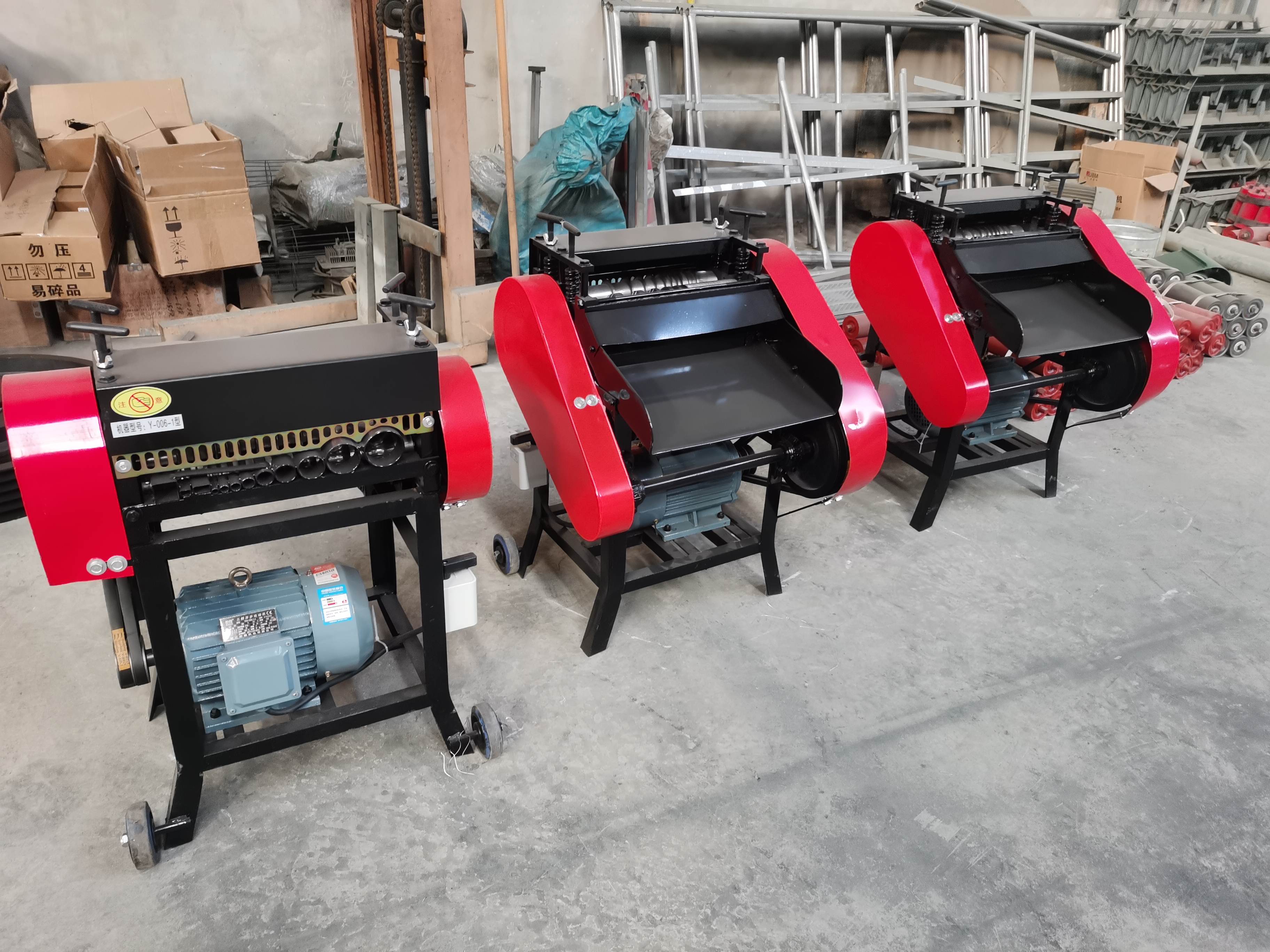
9 月 . 28, 2024 15:35 Back to list
The Evolution and Impact of Industrial Crushers
Industrial crushers play a crucial role in various sectors, including mining, construction, and recycling. As an integral part of material processing, these machines have evolved significantly over the years, adapting to the diverse needs of industries that require the reduction of bulky materials into manageable forms. This article explores the development, types, applications, and future trends of industrial crushers.
The Development of Industrial Crushers
The history of industrial crushers can be traced back to the early days of mining and stone processing. Initially, simple tools like hammers and wedges were employed to break rocks and ores. As industrialization progressed in the 19th century, more sophisticated machinery designed for crushing materials emerged, such as the jaw crusher and the gyratory crusher. These innovations greatly enhanced the efficiency and productivity of material handling.
In the 20th century, the introduction of electric power led to further refinements in crusher design. The advent of conveyor systems allowed for continuous feeding and processing of materials, which significantly improved operational efficiency. Over time, advanced metallurgy and engineering techniques have contributed to the development of crushers that are not only more robust but also more energy-efficient.
Types of Industrial Crushers
Industrial crushers can be categorized into several types based on their design and operation principles
. The most common types include1. Jaw Crushers These are primary crushers that use compressive force to break down materials. They are characterized by their wide mouth and a movable jaw that crushes the material against a fixed jaw.
2. Gyratory Crushers Similar to jaw crushers, gyratory crushers use compression but are designed for larger throughput. The conical shape of the crushing head allows for a continuous flow of material.
3. Impact Crushers These crushers use high-speed impact forces to break down materials. They are often used for softer materials and produce a more cubical product.

4. Cone Crushers Designed for secondary and tertiary crushing, cone crushers utilize a rotating crushing chamber and apply pressure to the material. They are highly efficient at producing fine aggregates.
5. Roll Crushers These machines use two counter-rotating rolls to crush material through compression. They are suitable for handling softer materials and can produce a more uniform product size.
Applications of Industrial Crushers
Industrial crushers serve various applications across multiple sectors. In the mining industry, they are essential for reducing large ore bodies into smaller pieces for further processing. In construction, crushers are used to generate aggregate materials from demolished concrete and asphalt, promoting recycling and sustainability.
Additionally, industrial crushers are pivotal in the waste management industry. They are employed to reduce the size of waste materials, making them easier to transport and process. The crushed material can often be repurposed into new products, contributing to a circular economy.
Future Trends in Industrial Crushers
As industries evolve, so too do the technologies used in industrial crushers. There is a growing emphasis on automation and intelligent systems that optimize the crushing process and reduce downtime. Companies are increasingly adopting IoT-enabled devices to monitor equipment performance and predict maintenance needs, enhancing operational efficiency.
Moreover, the push for sustainability is leading to innovations in crusher designs that prioritize energy efficiency and reduced environmental impact. Manufacturers are exploring the use of alternative materials and eco-friendly technologies to make crushers more sustainable.
In conclusion, industrial crushers have undergone significant transformation over the years, becoming indispensable tools in various industries. Their ability to efficiently reduce materials not only enhances productivity but also supports sustainability initiatives. As technology continues to advance, the future of industrial crushers looks promising, with innovations that will further improve their efficiency and environmental footprint.
Latest news
Unveiling the Power of Eddy Current Separator
NewsSep.25,2024
Transform Your Home Recyclin:home metal shredder
NewsSep.25,2024
The Future of Waste Management with Recycling Line Picker
NewsSep.25,2024
The Benefits of a Metal Recycling Plant
NewsSep.25,2024
Revolutionize Material Separation with Onwang Technology
NewsSep.25,2024
Innovative Waste Management: Unveiling the MSW Sorting Plant
NewsSep.25,2024